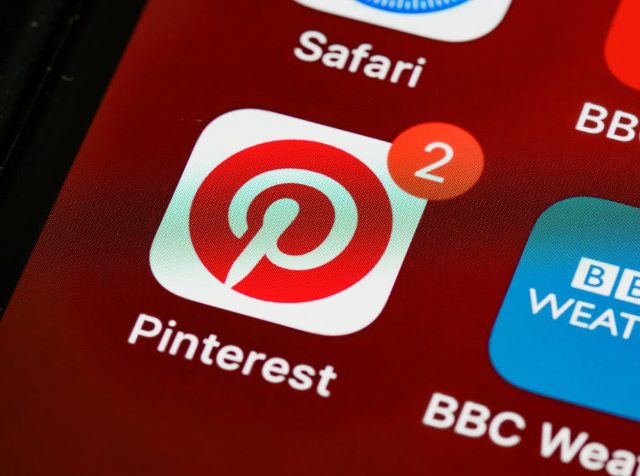
Russia had fined Airbnb, Twitch, and Pinterest for violating its personal data legislation.
A court in Moscow ruled that the three companies stored the data of Russian citizens within the country and ordered the companies to pay $37,700 each.
Russia Fines Three US Companies
On Tuesday, June 28, Reuters reported that the Moscow court's decision came after Roskomnadzor, Russia's internet commission, opened administrative cases against Airbnb, Twitch, and Pinterest in May.
Before Russia's invasion of Ukraine in February, the US tech companies would entice Russian regulators, and it has led to conflicts over Russia's approach to censorship, content, and local data representation.
Since the war between Russia and Ukraine started, the conflicts with Russia's administration have intensified as Western countries have moved to push the country for its crime against humanity.
Russia's decision to fine Airbnb came after the company announced that it will permantenly ban parties, as Tech Times reported.
Fining Google in Russia
In May 2021, Google's Russian division filed for bankruptcy after Russian authorities seized its bank account. Google stated that the move had made it untenable for the office to pay its suppliers and employee.
According to BBC, a Moscow court has fined the search giant $98 million for repeated failure to delete data that are deemed illegal in the country.
This marks the first time in Russia that a massive tech company has been hit with a fine because of its annual turnover. Google told CNBC in an interview that it would study the court ruling before deciding on other steps.
Russian authorities have increased pressure on tech firms in 2021, accusing them of not moderating their content properly, and interfering in Russia's internal affairs.
Hours after Google was ordered to pay a fine, Meta was also handed a fine for the same content-related offenses. In December 2021, Twitter was also handed a fine for the same charges.
Russia's media watchdog has also threatened to slow down Google's speed if it does not delete the 26,000 instances of unlawful content, which the authorities said is related to drugs, extremism, and violence.
Russian President Vladimir Putin has pushed for the development of a "sovereign internet," which would give the local government more control over what its citizens can access.
However, critics have accused Russia of using the campaign to prevent the country's free speech and clamping down on online dissent.
The country's media regulator has blocked several websites linked to jailed opposition leader Alexei Navalny, whose campaign groups have been labeled by Russian authorities as "extremist."
Both Apple and Google were also forced to remove an app that is meant to advertise Navalny's "Smart Voting" campaign, which gave users advice on tactical voting to unseat Putin.
Dailymotion and LinkedIn have already been blocked in Russia for refusing to co-operate with authorities, and six major providers of Virtual Personal Networks or VPNs, have been banned as it helps internet users to hide their online activities.
In 2021, Russia also introduced a new law requiring all new smartphones, computers, and smart devices sold in the country to be pre-installed with Russian-made apps and software. The authorities said the move would help Russian tech firms compete with their foreign rivals.
Related Article: Russian Online Trolls Target TikTok, Twitter, Other SocMeds? Here's What Platforms Do To Prevent Misinformation
This article is owned by Tech Times
Written by Sophie Webster
![Apple Watch Series 10 [GPS 42mm]](https://d.techtimes.com/en/full/453899/apple-watch-series-10-gps-42mm.jpg?w=184&h=103&f=9fb3c2ea2db928c663d1d2eadbcb3e52)



